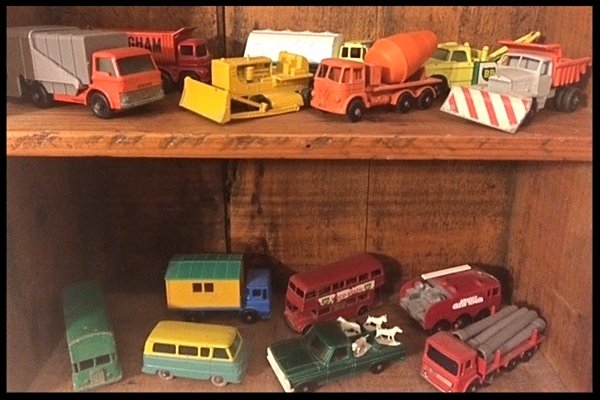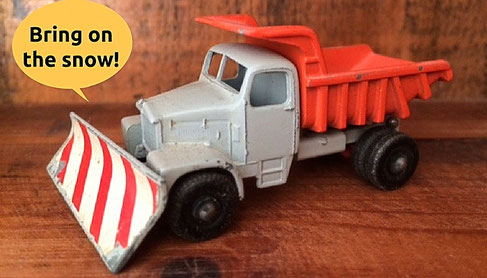
As King Moonracer tells Rudolph in the classic Christmas special, “A toy is never truly happy until it is loved by a child.” Classic toys, like Lego, inspire
creative play and have been loved for generations. Other toys, such as Beanie Babies, achieve fad-like status only to fade away in popularity. Regardless of how long a toy
remains popular, marketing is a key part of a toy’s success. How would you market your favorite toy?
Sixty-two classic
toys have been inducted into the National Toy Hall of Fame, which is part of The Strong, a wonderful “interactive, collections-based educational institution devoted to the study and
exploration of play." Comparing these classic toys to Ebates’ recent listing of the most desirable children’s presents since 1983 would make a fascinating research project for upper
elementary/middle school students. They could investigate toy trends, target audiences, and toy marketing strategies. Teaching students how companies sell products is an invaluable skill
that builds critical thinking skills. For example, nostalgia marketing builds excitement for this year’s retro-styled classic Nintendo system: “Play the system that started it
all.”
To add a social history component to the toy project, students could interview/survey people of different ages and cultures about their favorite childhood
toys. This would build engagement with parents, grandparents, and other community members. Students could plan an awards ceremony for the favorite toys through the ages. The ceremony
would showcase the toys with the biggest impact and include information about why/how they were significant.
My favorite childhood toys were my Matchbox cars and trucks. I spent hours creating road systems for them. I really liked the snowplow – I still have it!
Did you like this article? Share it.

